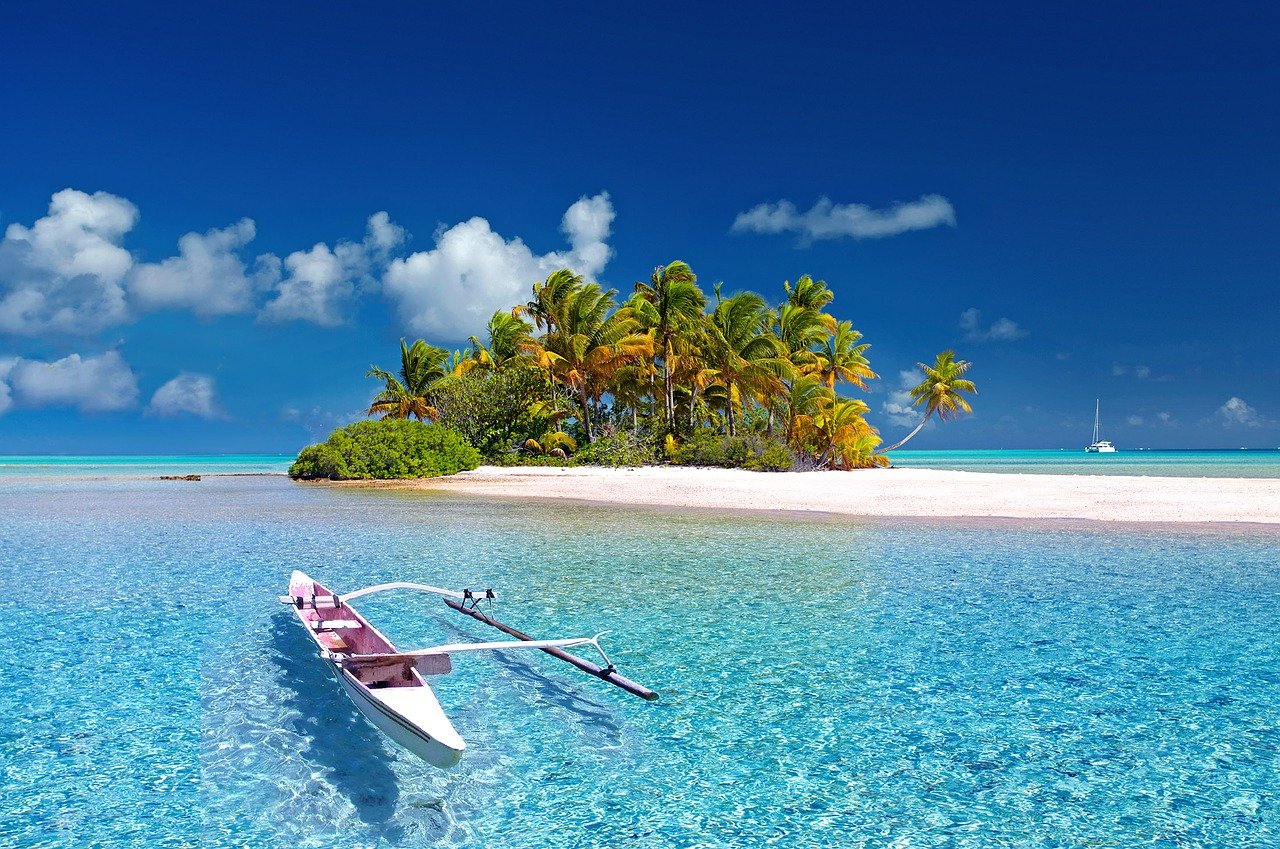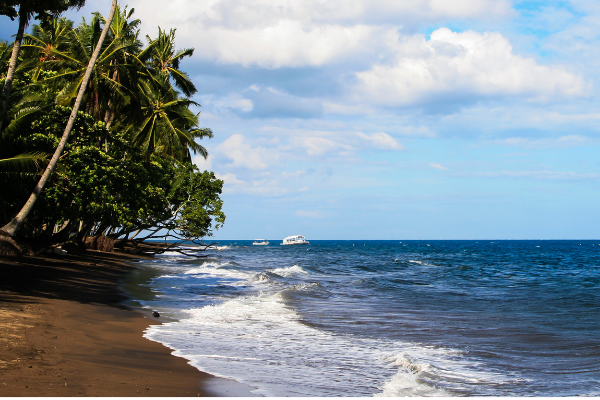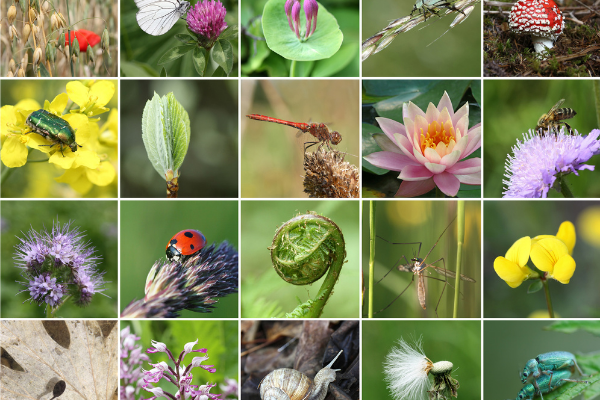
Oceans are the heart of Mother Earth. With every breath we take, every drop we drink-we’re intertwined to the oceans at every turn.
It’s no secret that oceans cover 72 percent (two-thirds) of the Earth’s surface and is the life support system of our planet. It is the home to the spectacular ecosystem and treasured wildlife and sustains the life of billions of people worldwide.
Oceans regulate our climate, produce half of the oxygen we breathe, and provide food, jobs, life, entertainment and sailing, and so much more to the human race. In simple words- our planet is majorly dependent on the vitality of oceans to support and sustain life.
But after decades of overuse and pollution, oceans are exposed to some of the biggest threats leading to a broken global system, declining marine life and wildlife-including our nature. If we don’t take up the initiative and responsibility, individually, to protect our ‘Blue Planet’, soon we’ll be left with dried up oceans and destruction.
Why should we care about the oceans?
Global Climate

According to the US National Oceanic and Atmospheric Administration, over 90% of the global warming in the last 50 years has happened in the oceans.
Holding 97% water on our planet, oceans play a crucial role in balancing Earth’s temperature and drive the climatic changes.
But with increased carbon pollution, oceans are absorbing it all in- resulting in stronger storms and bleaching coral reefs.
The increased percentage of Co2 is also making oceans more acidic and disturbing the marine food chain-which, directly and indirectly, impacts our life.
Sustainable Livelihood
Do you know the ocean-based industries employ more than 40 million people worldwide and generate at least $2.5 trillion worth of products and services each year? Yes! That’s incredible!
But pollution, climate changes, lack of awareness are putting our maritime resources at risk and stifling people’s earning abilities, and disrupting the running economic engine.
Incredible Biodiversity

Oceans are not just our source of food, but it houses the Earth’s largest ecosystem with countless species of marine wildlife.
According to scientists, more than 2 million species live underwater and 95% of these species still await description.
But due to climate change and plastic pollution and overfishing, the oceans are warming up and losing their pH balance-devastating the species’ balance- and this vast ecosystem is nearly close to extinction.
Food Security
Seafood is one of the major sources of protein and it accounts for almost 16% of all animal protein consumed globally.
According to the UN Food & Agriculture Organization, one out every three wildlife populations have been culled-exceeding their limit. More than 1.5 million people every week rely on ocean food for survival. Therefore establishing and maintaining sustainable, non-destructive, well-managed fisheries is crucial to ensure a perennial flow of seafood to the growing human population.
Why should we do to protect our blue planet?
Helping people fish better
Firstly, we must start by identifying the reasons that are causing unsustainable fishing, illegal fishing and bycatch-leading to an imbalance in nature and marine life.
The government should regulate policies to improve and make the supply chain more transparent and accountable and encourage the fishing industry to move towards sustainable practices.
Supporting ecosystem and communities
Coral reefs, seagrasses, mangroves are interlaced ocean ecosystems. It supports an array of biodiversity and is entrenched in local cultures.
But with increased population, climate change, we have lost half of this ecosystem and on the verge of losing more.
The government must take the right initiative to build and maintain a coastal ecosystem through conservation and restoration minimizing the impact of biodiversity and human well-being.
No Plastic in nature
Oceans are drowning in plastics, non discarded nets, bottles and bags and are majorly impacting the marine wildlife- threatening marine diversity and rising global temperature.
Though the world had already realised the threat of plastics ruining our oceans, we must individually use up every indispensable plastic product and use it to make new products, rather than just throwing them away mindlessly.
Conclusion
The beauty, the power and the importance of oceans are invaluable. It’s high time we take conscious actions to protect our oceans by advocating stronger protections, visualising conservations and strengthening marine protections. It’s not only for us, but it’s also about securing a healthy life for our future generations.
It’s never too late to protect Mother Earth, and each of us can make a difference.